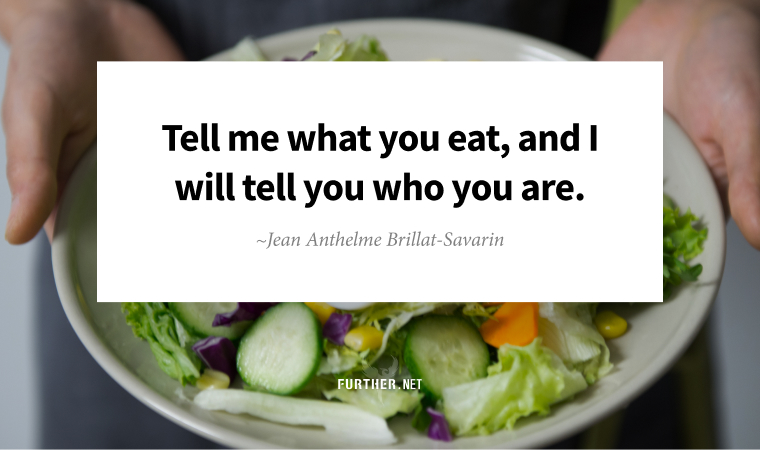
I have a favorite saying from the philosopher Howard Thurman:
The contradictions of life are not final or ultimate.
That sentiment is both accurate and annoying, particularly when making “healthy” food choices.
Is it about engineering more nutritious foods? After all, we have the technology. But aren’t processed foods bad for you?
Whole foods may be better. But don’t high-sugar fruits and red meat contribute to illnesses like diabetes and heart disease?
Yes, to all of the above. This reveals a deeper truth: what we eat is as much about personal values as individual health.
Nutritionism vs. Essentialism
Nutrition science is relatively new. While the ancients knew foods like citrus and leafy vegetables helped prevent ailments like scurvy and beriberi, it wasn’t until 1911 that scientists began linking diseases with nutritional lack. By the 1950s, there was scientific proof that vitamins are critical to bodily functions, and the era of enriched foods was on.
Cut to 60 years later, when biohacking techies looking to save time and money began developing nutrient-rich powders to replace meals. Proponents of “nutritionism” like Huel creator Julian Heard say:
In an ideal world, I think everybody should have one or two meals a day of food that has a long shelf life, that is vegan, with less carbon emissions and less wastage.
Essentialists like food politics and policy professor Gyorgy Scrinis, on the other hand, reject nutritionism for myriad reasons, including how it reduces food to a collection of nutrients, overestimates the scientific understanding of nutrition, and underestimates how corporations use chemical additives to claim junk food is healthy.
Our bodies can detect what a healthful food is. Our bodies are telling us that the most healthful foods are whole foods.
Again, yes, and that’s a puritanical response. For example, artificial sweeteners, which aren’t conclusively proven as harmful and can help people lose weight, are negated by essentialism.
As it always is with food, the answer lies somewhere in the middle.
You Are What You Eat
It’s human to judge others for their choices. But both sides of the food wars have merit, pointing to a greater truth that can help us clarify what we should eat.
Our choice of what we put inside us physically represents what we want inside ourselves spiritually, and that varies so much from person to person.
Moralizing and fear-inducing tactics aside, maybe it’s time to recognize reality. Aaron Carroll, a physician and columnist at The New York Times, argues that humans are perhaps the healthiest they’ve ever been since the dawn of time.
Since we’re lucky enough to have food choices, here’s something to chew on: maybe your values are as nourishing and sustaining as what you put in your body. And that bite-sized wisdom might be the healthiest way to make the best food choices for you.
The Food Wars (Aeon)
